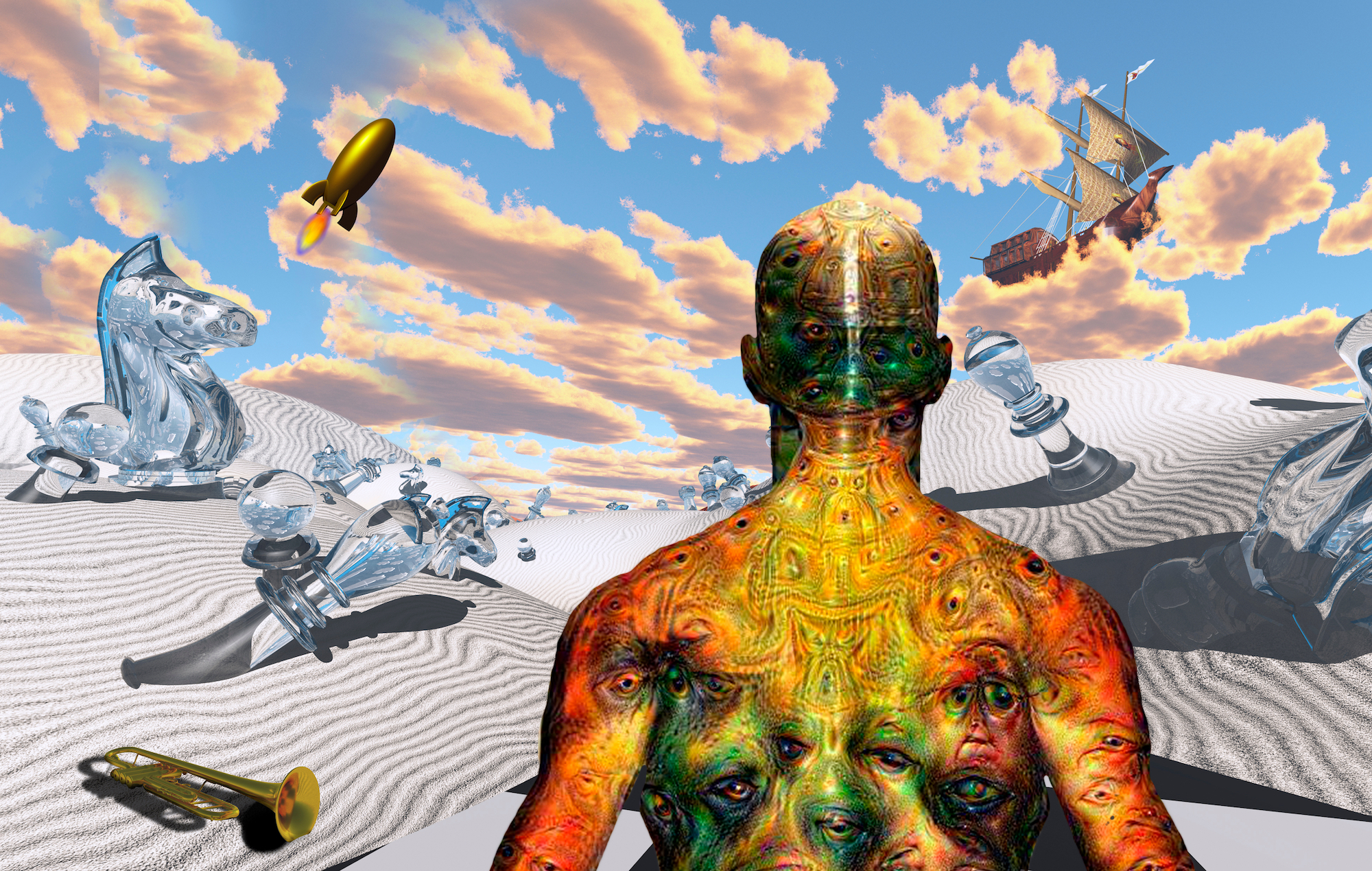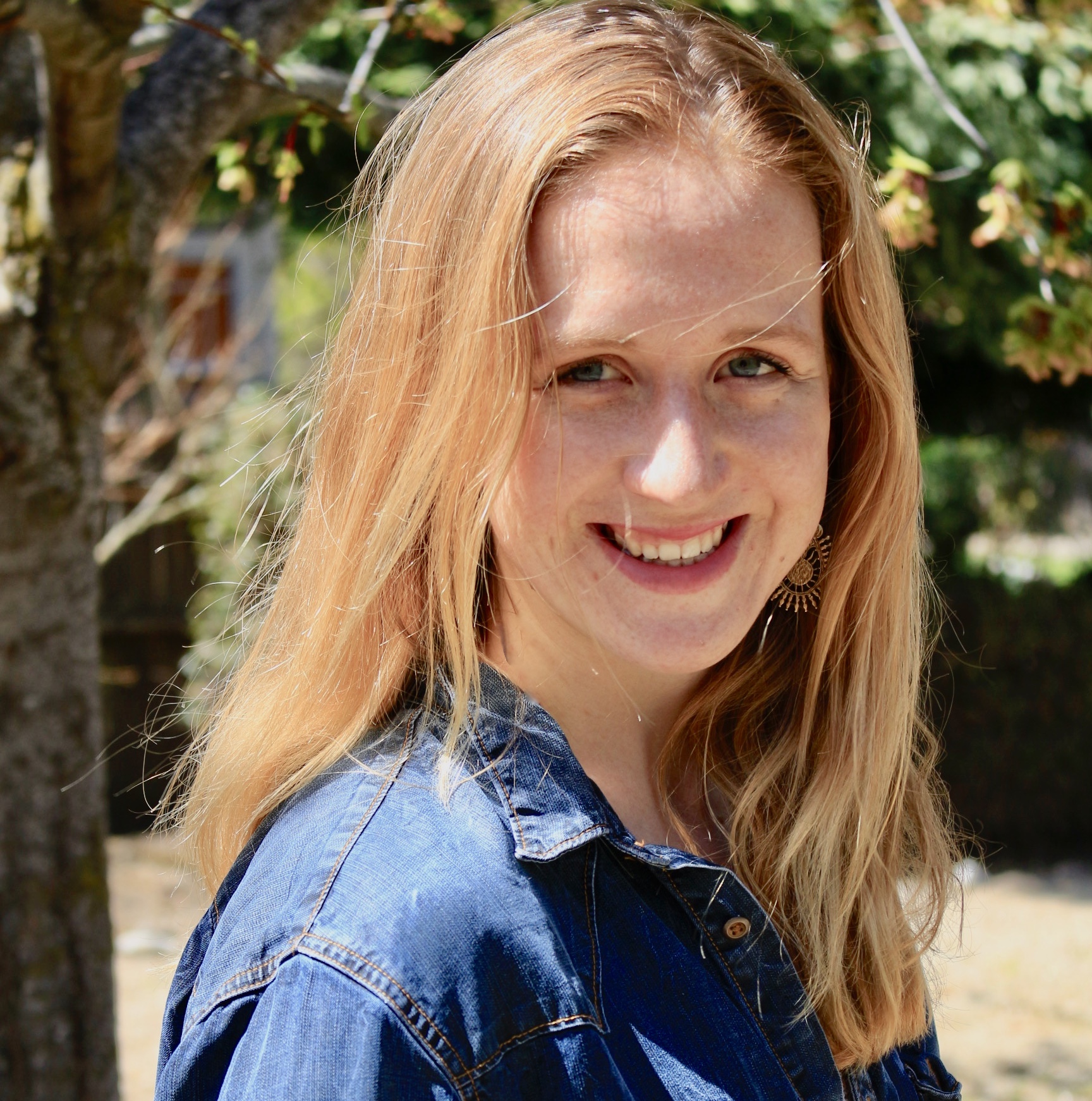
Do Dreams Really Reveal Our Deepest Secrets?
No, your weird naked dream isn't a furtive signal about your love life.

You jolt awake in the middle of the night, your heart pounding. It takes you a moment to realize that, no, you didn't just rush out for a job interview wearing nothing but a bath towel.
Depending on which dream interpretation dictionary you consult, you might find that your dream reveals anxiety about work, a sense of shame or embarrassment, or perhaps even a deeply repressed inner exhibitionist.
Given all these possibilities, is it true that dreams can reveal our deepest secrets?
Related: Why Can't We Remember Our Dreams?
Dreams can provide useful insights on our lives, but despite what Hollywood or your favorite novel might have you believe, there aren't any studies showing that dreams can lay bare our inner workings.
"There's really no research that supports that point of view," said Deirdre Barrett, a psychologist and dream researcher at Harvard Medical School. Dreams don't contain symbols. No dictionary or dream interpreter can tell you what a dream really "means," she said.
Humans have long sought meaning in dreams. Ancient Mesopotamians and Egyptians saw them as messages from the gods. Greeks and Romans used them to predict the future. But the belief that symbols in dreams harbor secret truths about ourselves originates with 19th-century psychologist Sigmund Freud. He proposed that dreams functioned as a kind of wish fulfillment, revealing our deeply repressed desires.
Sign up for the Live Science daily newsletter now
Get the world’s most fascinating discoveries delivered straight to your inbox.
Since Freud, the science on dreaming has moved on — and it suggests a reality that's a little more mundane than the one Freud proposed. Dreams aren’t cryptic or fantastical. In fact, dreaming is a lot more like your daytime thinking than you might realize.
But that doesn't mean dreams are meaningless. Research suggests that while we're dreaming, we're really just processing the same interests, memories and concerns that would normally occupy us during the day.
"We're having wishful fantasies, we're thinking about threats and fears, we're thinking about our social lives and loved ones," Barrett told Live Science.
Therefore, dreams have psychological meaning as extensions of our waking thoughts and concerns, explained G. William Domhoff, a dream researcher at the University of California, Santa Cruz, in a paper published in The Scientific Review of Mental Health Practice. Studies suggest that dreams are more often plausible narratives of our day-to-day lives than trippy action movies. Except, that is, when something really strange happens, like your mom transforming into Oprah without an explanation.
Although dreams are more similar to waking thoughts than we might assume, our brain functions very differently while we're asleep.
"Our mind is just operating in a very different biochemical chemical state," Barrett said. That means that during sleep, the cocktail of chemicals in our brains change. Some portions of our brain become far less active; others become far more active. For example, the secondary visual cortex — the part of our brain that forms images — becomes far more active, helping us produce the vivid images we "see" during sleep. Meanwhile, the prefrontal cortex, which normally filters our thoughts, gets tamped down.
Some psychologists see that as a valuable tool. While psychologist and psychoanalyst Karl Stukenberg of Xavier University in Cincinnati is skeptical that dreams contain intrinsically meaningful symbols or channel repressed desires, he uses dream interpretation with both his students and his patients.
"A dialogue emerges between the parts of the mind that are functioning in a more symbolic sense and the parts of the mind that's functioning in a logical sense," he told Live Science.
There's no formula for interpreting dreams, Barrett said. Dreams aren't a cache of Easter eggs, waiting to be discovered. But they do offer insight into how we process the world during the third or so or our life that we spend asleep.
And for that, at least, Freud was right, Barrett said. "He introduced the idea that dreams are meaningful. That they can tell us about ourselves," she said.
- How Did People Wake Up Before Alarm Clocks?
- Why Does Pregnancy Cause Weird Dreams?
- What Do Dogs Dream About?
Originally published on Live Science.

Isobel Whitcomb is a contributing writer for Live Science who covers the environment, animals and health. Her work has appeared in the New York Times, Fatherly, Atlas Obscura, Hakai Magazine and Scholastic's Science World Magazine. Isobel's roots are in science. She studied biology at Scripps College in Claremont, California, while working in two different labs and completing a fellowship at Crater Lake National Park. She completed her master's degree in journalism at NYU's Science, Health, and Environmental Reporting Program. She currently lives in Portland, Oregon.










